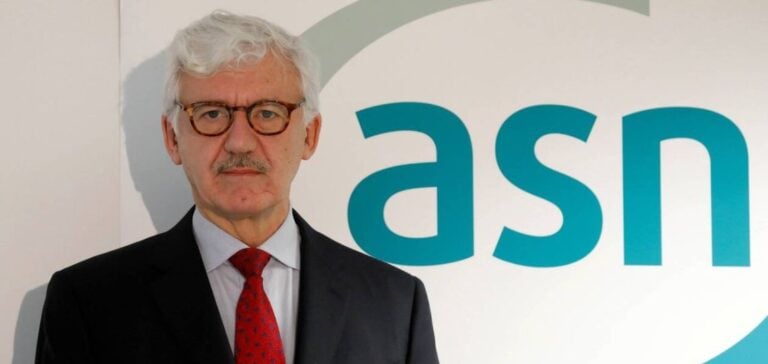The merger of the Institute for Radiation Protection and Nuclear Safety (IRSN) with the Nuclear Safety Authority (ASN) to form the Nuclear Safety and Radiological Protection Authority (ASNR) is scheduled for January 1, 2025. Announced as a measure aimed at simplifying decision-making processes within the framework of France’s nuclear program revival, this reform is nevertheless surrounded by numerous uncertainties, as expressed by Jean-Christophe Niel, director-general of IRSN.
During a recent presentation to the Parliamentary Office for Scientific and Technological Choices (Opecst), Mr. Niel shared his concerns about the feasibility of establishing ASNR by the set date. “Due to a number of uncertainties (…) on the implementation of essential tasks, there is no guarantee that the ASNR can operate properly on January 1, 2025,” he explained. This statement highlights the practical, logistical, and budgetary difficulties hindering the creation of this unified authority.
Logistical and operational tasks still pending
To ensure ASNR’s smooth operation, about fifty tasks have been identified as essential, including managing mail, telephony, and access to nuclear sites. Among them, five actions have been deemed critical to be completed before January 1, according to Mr. Niel. These critical points include payroll management, currently handled by a dedicated IRSN accountant. This role should be transferred to the Ministry of Ecological Transition’s budget and accounting controller, raising questions of continuity and coherence in the personnel’s administrative and financial treatment.
The challenge of payroll for IRSN’s 1,600 employees and ASN’s 500 civil servants is a concrete example of the complexity of this merger. In addition to human resource issues, other matters must be resolved, such as transferring assets, rights, and legal obligations of both entities, as well as determining the employees’ roles within ASNR’s future governance.
Budgetary uncertainties raising concerns
At the same time, Bernard Doroszczuk, ASN president, expressed concerns about this new entity’s funding during the same hearing before Opecst. According to him, the Finance Bill, although amended by parliamentarians to address certain shortages, remains insufficient to cover ASNR’s operating and investment needs. Mr. Doroszczuk estimates the shortfall at about 20 million euros, or 12.5% of the required budget.
This lack of financial resources could limit ASNR’s effectiveness in its missions of monitoring and managing France’s nuclear power plants. Recent parliamentary efforts to adjust allocations show the importance of financial issues, yet the challenge remains significant for an organization expected to play a crucial role in the country’s nuclear safety.
The Ministry of Energy’s response
In response to concerns raised by IRSN and ASN directors, the Ministry of Energy stated that the credits allocated to ASNR align with the needs assessed by the administration. The ministry assures that the State, in partnership with IRSN and ASN, is actively working to ensure the new structure operates smoothly starting in January.
The ministry remains confident about the ongoing discussions on budgetary and logistical aspects. The arrival of Pierre-Marie Abadie, the new ASN president and future head of ASNR, scheduled for November 13, is seen as a stabilizing factor. However, some “areas of attention” mentioned by the ministry, including payroll management and personnel assignments, illustrate the many remaining obstacles.
The reform of nuclear governance in France, although intended to streamline decision-making processes, raises concerns among unions and associations. They fear a loss of transparency and separation between technical expertise and administrative decisions, potentially undermining the rigor of safety procedures. The final stages of the IRSN and ASN merger are closely watched as France prepares for substantial investments in its nuclear sector.






















